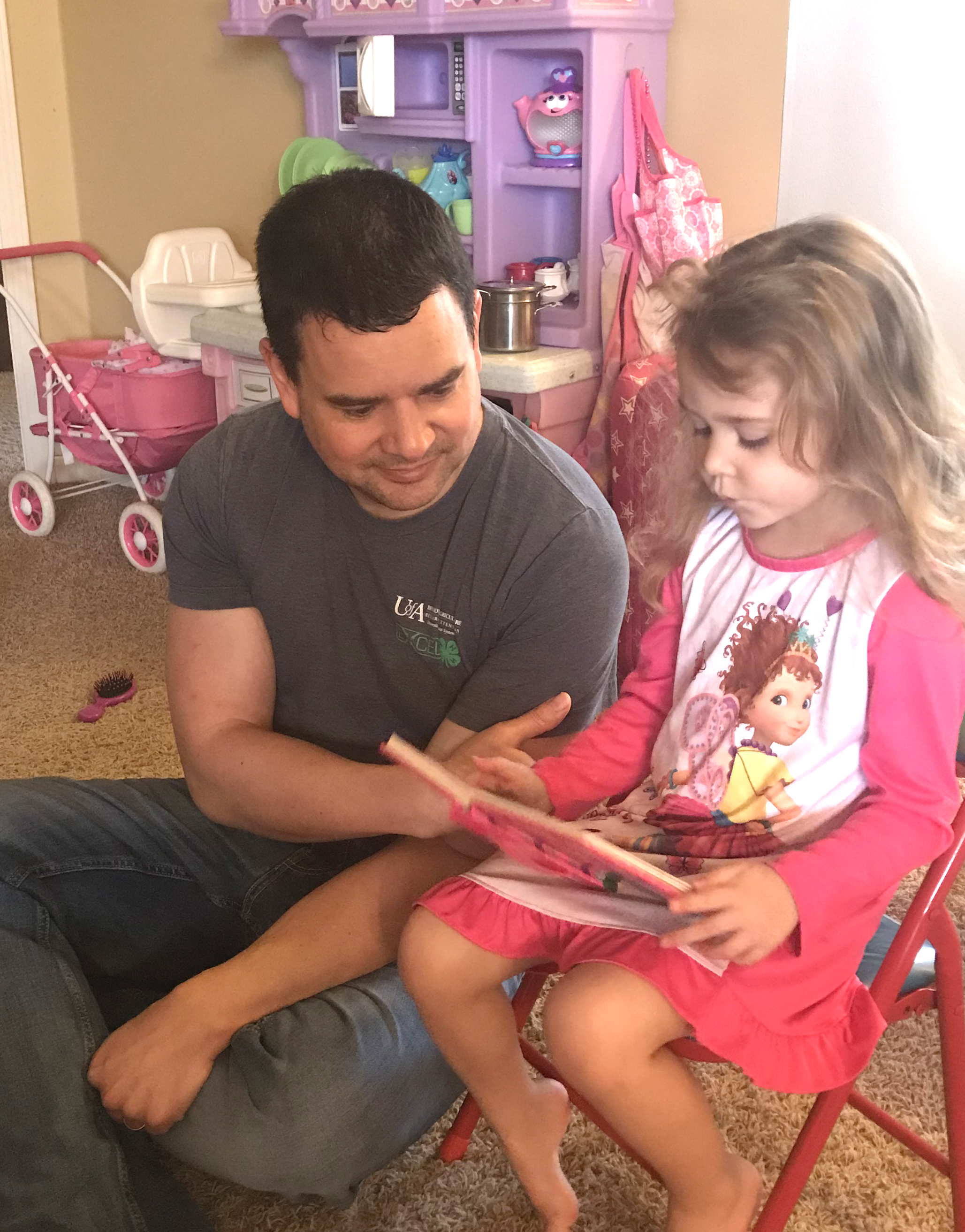March 20, 2020
Kids and the pandemic: What to do, what to expect
By Mary Hightower
U of A System Division of Agriculture
Fast Facts:
- Parents should maintain as much normalcy as possible
- Children will remember feelings more than facts
- Avoid exaggeration or downplaying situation
- Extension COVID-19 resources https://uaex.uada.edu/covid-19
(571 words)
(Download this story in MS Word format here.)
LITTLE ROCK — As the COVID-19 pandemic has brought uncertainty and chaos to our lives, Brittney Schrick is recommending honesty, understanding and patience for parents as a way to help children cope with an unprecedented situation.
Schrick, a PhD who is an assistant professor and extension family relations specialist, said Wednesday that, “in this time of uncertainty, it is very important to keep as much normalcy as possible.
“Kids, especially young ones, will remember how they feel during this time far more than they remember anything specific that happened or that they were told” about the pandemic, she said.
It’s a complex situation and children’s understanding of the big picture will vary with their development.
“Overall, it is important to avoid exaggerating fears or downplaying the urgency of the situation,” Schrick said. “Be honest with children about what is going on, why school is out, and what they are achieving by staying home: they are helping to keep other people healthy like grandparents or those who have illnesses that make it easier for them to get sick. They are also helping protect doctors, nurses, and other healthcare professionals who have to work in hospitals and clinics where there is only so much room for sick people at any given time.”
Older children and teens will likely have other means of getting information and will pick up on the news with more understanding. Be honest about what is going on without being alarmist, she said.
“Younger children will have a harder time understanding what is going on, so keeping busy and avoiding mention of specifics that may worry them may be the best course,” Schrick said.
“Make sure they understand the importance of washing hands and help them learn to avoid touching their faces and coughing and sneezing into a tissue or their elbows,” she said.
Maintaining normalcy
“Normal” may sound impossible at a time when everything is far from normal. However, Schrick said that going through normal routines can help everyone.
“The simplest ones to hold onto are wake up and bedtimes and routines,” she said. “Make sure everyone is still getting up around the same time each day and going to bed at a regular time.”
She said it’s OK to sleep in a little since school is out but being consistent is the key.
“Sleepy kids are difficult to get along with even when things are running smoothly,” Schrick said.
Mealtime routines can also help things feel normal.
“If you normally eat out a lot and are finding yourself cooking more, include the kids in the preparation of food. It can be a good time to bond and to teach life skills,” she said. “If you normally rush dinner because you're on the way to something that is now canceled, take your time and sit together.”
Patience and grace
Schrick said everyone needs a little room — and it’s not just social distancing.
“It's also important to give yourself, your children, and anyone else you're sharing a home or any space with some grace,” she said. “Everyone is worried as we move through completely uncharted territory together.
“We can't always control how we feel or react to things. In addition to fear, everyone is grieving. We're grieving as things become more uncertain, trips we looked forward to and activities and achievements we worked hard for are canceled, and jobs change shape or become less stable,” she said. “Give yourself a break.”
To learn more about families and relationships visithttps://www.uaex.uada.edu/life-skills-wellness/personal-family-well-being/default.aspx
The Cooperative Extension Service also has COVID-19 information here: https://uaex.uada.edu/covid-19
Follow the extension service on social media at @uaex_edu and call your county office for more information.
About the Division of Agriculture
The University of Arkansas System Division of Agriculture’s mission is to strengthen agriculture, communities, and families by connecting trusted research to the adoption of best practices. Through the Agricultural Experiment Station and the Cooperative Extension Service, the Division of Agriculture conducts research and extension work within the nation’s historic land grant education system.
The Division of Agriculture is one of 20 entities within the University of Arkansas System. It has offices in all 75 counties in Arkansas and faculty on five system campuses.
Pursuant to 7 CFR § 15.3, the University of Arkansas System Division of Agriculture offers all its Extension and Research programs and services (including employment) without regard to race, color, sex, national origin, religion, age, disability, marital or veteran status, genetic information, sexual preference, pregnancy or any other legally protected status, and is an equal opportunity institution.
# # #
Media Contact:
Mary Hightower
Director, Communications Services
University of Arkansas System Division of Agriculture
(501) 671-2006
mhightower@uada.edu
